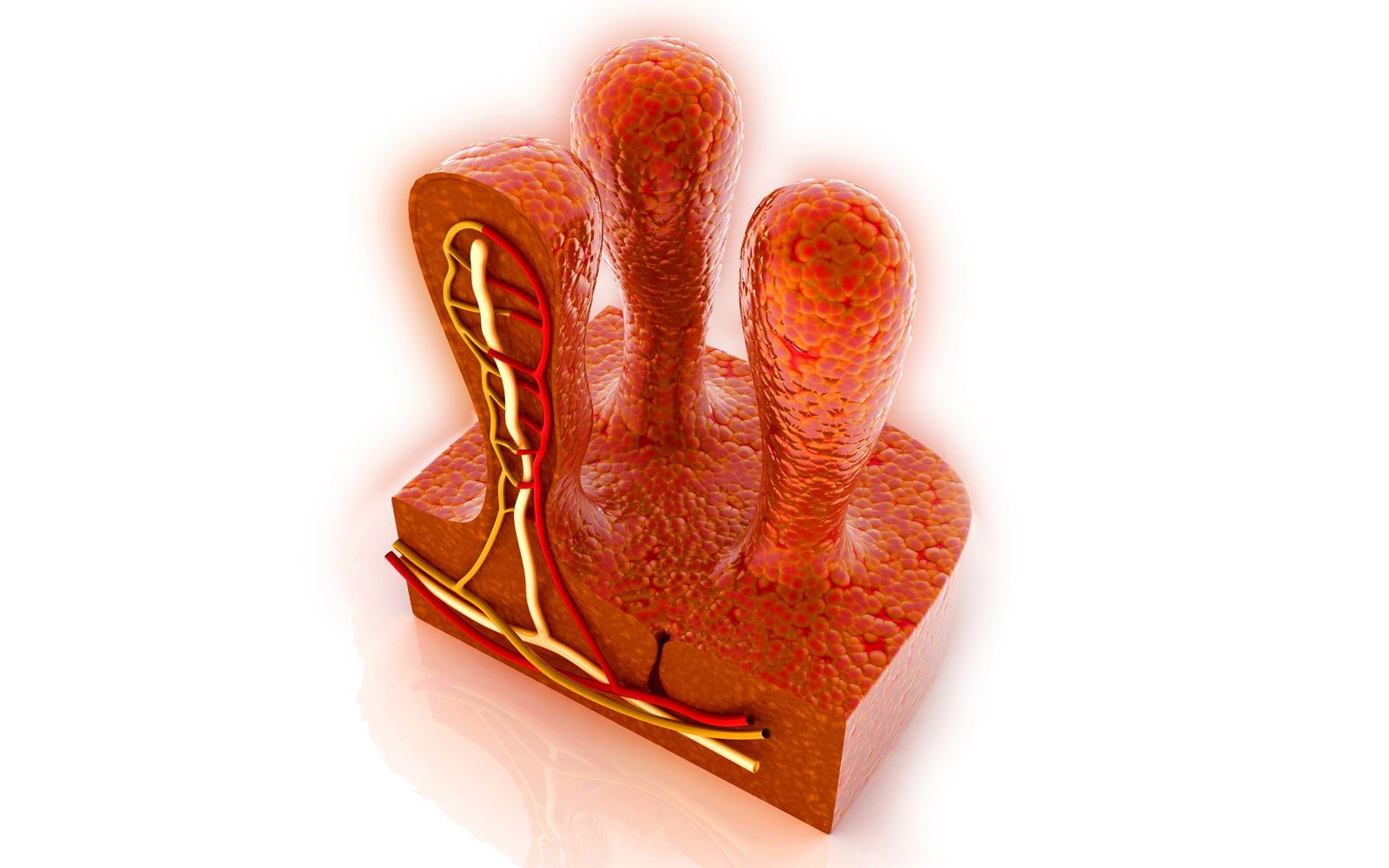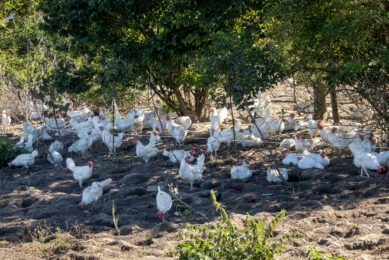Mycotoxins: the intestine and enteric disease

Research is clearly showing that the intestine should be the focal point when considering the challenge that mycotoxins present to animal health and performance, not least because it represents the first point of contact between the animal and contaminated feed.
By Dr Leon Broom, Senior Research and Development Scientist, Anpario PLC
Intestinal epithelial cells are a critical component of the ‘natural’ immune system. In essence, these cells form a key barrier between the ‘outside world’ (arriving in the intestine as/with ingested feed) and the main internal (systemic) environment of the animal. Studies have shown that mycotoxins increase the permeability of the intestinal epithelial layer in numerous species (e.g. swine and poultry), which will result in excessive/uncontrolled leakage of foreign material into the animal. As well as affecting intestinal cell viability, we also know that mycotoxins can reduce cell proliferation, thus reducing the intestine’s ability to repair and replenish itself. Mycotoxins have also been reported to affect the expression of cytokines by intestinal epithelial cells, as well as impairing the function of macrophages and neutrophils, and decreasing B- and T-lymphocyte activity and antibody production.
Bacteria colonisation
Clearly, the negative effects of mycotoxins on the intestine and immune system mean that they can play a critical role in the initiation, progression and duration of intestinal (and also systemic) infections. With regards to coccidiosis, mycotoxins have been shown to negatively affect the cell-mediated response of broilers to infection, recovery of the intestine after infection and reduce the effectiveness of the anti-coccidial treatment, lasalocid. Mycotoxins promote salmonella invasion of, and passage across, intestinal epithelial cells, believed to be through both effects on host susceptibility but also via bacterial metabolism/the expression of virulence factors. In colibacillosis, the negative effects of mycotoxins are thought to be mediated through promotion of intestinal Escherichia coli colonisation and translocation, and detrimental effects on the immune response. Moreover, the detrimental effects of mycotoxins (e.g. DON) on the intestinal epithelium is a predisposing factor for necrotic enteritis. The mycotoxin(s) damages intestinal function/barrier, leading to impaired nutrient digestion and absorption, or even nutrient leakage, which provides substrates for Clostridium perfringens proliferation.
Effect on immune system
The intestine is undoubtedly the key link between ingested mycotoxins and detrimental effects on the animal. The information provided in this document is primarily based on the effects of low to moderate levels of mycotoxins rather than the artificially high concentrations used in some studies. Mycotoxins clearly damage the intestine through reduced cell viability and proliferation. This can impair digestive function, as well as enhancing the passage of microbes or their products across the intestinal wall. Coupled with this, mycotoxins negatively affect various components of the immune system/response. These factors combine to increase the susceptibility of animals to poorer digestive efficiency and/or predispose them to intestinal or systemic disease.
Must remain vigilant
We know that mycotoxin contamination is widespread, that they do not typically occur alone and even low concentrations can have particularly damaging effects. The animal is being challenged even if we’re not aware of it and/or cannot see it! We must remain vigilant to the threat posed to animal health and performance, and thus producer profitability, through, at the very least, the use of effective, broad-spectrum mycotoxin control products at an ‘insurance’ rate of inclusion.
References are available on request.











